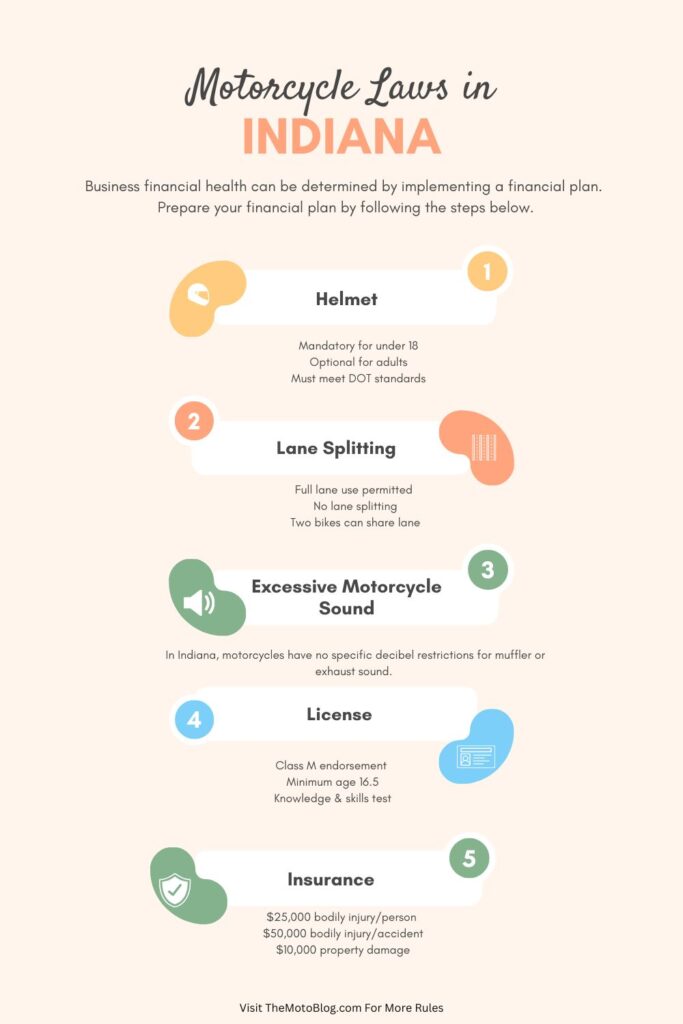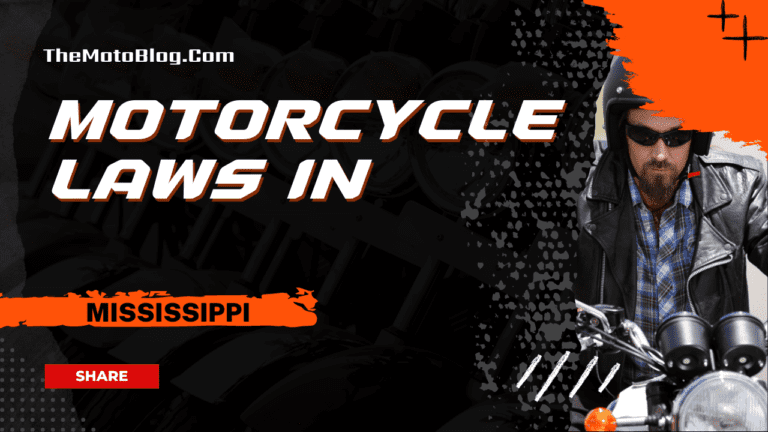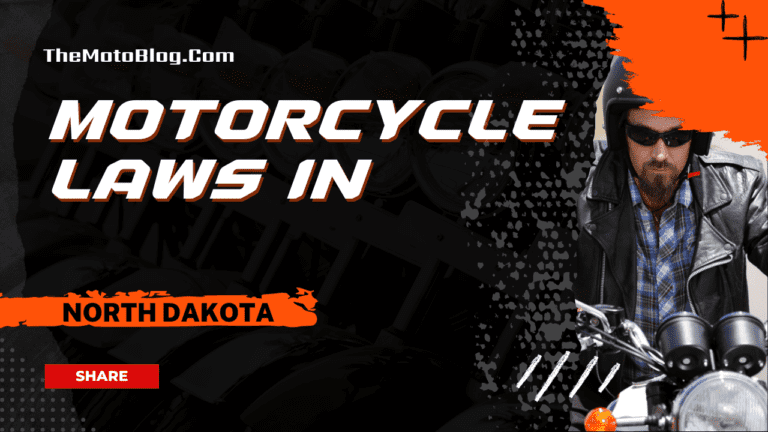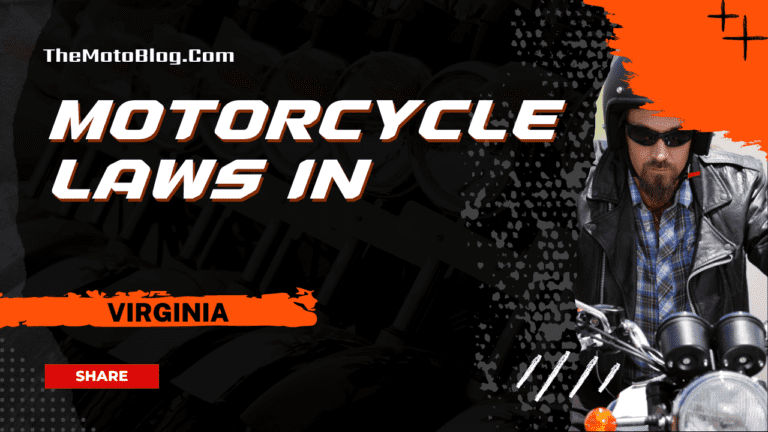Motorcycle Laws in Indiana: A Comprehensive Guide for Riders
Indiana’s motorcycle laws strike a balance between rider freedom and safety regulations, setting specific requirements for licensing, equipment, and road operation. While sharing borders with Illinois and Kentucky, Indiana maintains its own distinct set of motorcycle regulations that both residents and visitors must follow. The state’s approach differs from Michigan‘s stricter helmet requirements while aligning more closely with Ohio‘s regulations, creating a unique regulatory landscape for riders in the Midwest. Understanding these laws is crucial for both new and experienced motorcyclists to ensure safe, legal operation within state boundaries.

| Rule Category | Indiana Requirements |
|---|---|
| Helmet Laws | • Mandatory for under 18 • Optional for adults • Must meet DOT standards |
| License Requirements | • Class M endorsement • Minimum age 16.5 • Knowledge & skills test |
| Insurance Minimums | • $25,000 bodily injury/person • $50,000 bodily injury/accident • $10,000 property damage |
| Equipment Requirements | • Rearview mirrors • Turn signals • Speedometer • Brakes (hand/foot) • Headlights always on |
| Excessive Motorcycle Sound | • In Indiana, motorcycles have no specific decibel restrictions for muffler or exhaust sound. |
| Lane Usage | • Full lane use permitted • No lane splitting • Two bikes can share lane |
| Passenger Rules | • Dedicated seat required • Footrests mandatory • No passengers with permit |
| Handlebar Height | • Maximum 15 inches above seat |
| Lighting | • 1-2 headlamps • Always illuminated • 24-54 inches from ground |
| Registration | • 45 days to register • VIN inspection • $26.35 fee |
| Permit Restrictions | • Valid 1 year • One renewal allowed • Sunrise to sunset only • No passengers |
Licensing Requirements
To legally operate a motorcycle in Indiana, riders must obtain proper licensing through the Bureau of Motor Vehicles (BMV). The Class M endorsement process involves multiple steps designed to ensure rider competency and safety.
License Classifications and Requirements
- Riders must have a valid Indiana driver’s license with motorcycle endorsement
- Minimum age requirement is 16.5 years
- Knowledge test covering Motorcycle Operator’s Manual content
- Vision screening and skills test completion
Documentation and Permits
- Valid Indiana driver’s license required
- Proof of identity, residency, and Social Security number
- Instructional permits valid for one year with one renewal option
- Permit restrictions include mandatory DOT-approved helmet use and daylight-only riding
Safety Equipment Requirements
Helmet Regulations
- Mandatory for riders under 18 and permit holders
- Optional for licensed riders over 18
- All helmets must meet FMVSS 218 standards
Additional Safety Equipment
- Eye protection required for riders under 18
- Mandatory equipment includes:
- Hand or foot-operated brakes
- Rearview mirrors
- Turn signals
- Speedometer
Operating Rules and Vehicle Specifications
Lane Usage and Traffic Rules
- Full lane usage rights
- Lane splitting prohibited
- Maximum handlebar height: 15 inches above seat
- Two motorcycles can share a lane if mutually agreed
Lighting Requirements
- One to two headlamps required
- Continuous headlight operation mandatory
- Headlamp height: 24-54 inches from ground
- Rear reflectors: 20-60 inches from ground, visible 100-350 feet at night
Insurance and Registration
Insurance Coverage
Minimum liability requirements:
- $25,000 bodily injury per person
- $50,000 bodily injury per accident
- $10,000 property damage per accident
Registration Process
- 45-day registration window after purchase
- VIN inspection required
- Registration fee: $26.35
- Proof of insurance mandatory
Passenger and Group Riding Regulations
Passenger Requirements
- Dedicated passenger seat mandatory
- Passenger footrests required
- No passengers allowed for permit holders
Group Riding Rules
- Two motorcycles permitted side-by-side in single lane
- Highway restrictions for motorcycles with design speed under 30 mph
Enforcement and Special Circumstances
Violations and Penalties
- Off-road helmet requirements differ from on-road regulations
- Fines up to $500 for riding without license/permit
- Modified comparative fault system for accident liability
Understanding and following Indiana’s motorcycle laws is essential for both safety and legal compliance. While the state maintains relatively flexible regulations compared to some neighbors, it’s important to note that requirements can change when crossing state lines. Riders venturing into Kentucky will find similar regulations, while those heading north into Michigan should prepare for stricter helmet laws. Similarly, travelers to Illinois and Ohio should familiarize themselves with local requirements. By staying informed and following these regulations, motorcyclists can enjoy safe and legal riding experiences throughout Indiana and its neighboring states.
Motorcycle Laws in the US By States
If you liked this article, then please subscribe to our YouTube Channel for more Bike Videos. You can also find us on Instagram, Twitter and Facebook.
Disclosure: As an Amazon Associate, I earn from qualifying purchases. Read more about Amazon Affiliate Disclaimer.

Vishwanath Mathpati
I am Vishwanath Mathpati, a full-time Blogger and Motorcyclist from Bidar, Karnataka. I love writing about my Motorcycles Stories and Riding Gears on this blog.
Know More About Me.







